The 3rd Asia-Pacific CBR Congress
Island Revitalization project on Ikema Island, Okinawa Prefecture with the elderly being main actors, toward a community where people smile and live saying
“It’s another happy day today!”
Ms. Hiromi Maedomari, Ms. Rumi Bando
NPO Ikema Welfare Support Center
Ikema Island has developed with the spirit of mutual support of “Tsumuchai (returning affection with affection),” and by fostering and handing down many regional cultures and traditional events. During the postwar years of economic growth, however, fishing industry declined significantly and the population has decreased. In addition, despite the fact that the great bridge of people’s long-cherished dreams was built between Miyako Island and Ikema Island, the outflow of younger population was accelerated and the declining birthrate and aging of the population progressed very rapidly; the island has headed toward a marginal community, a depopulated village with most inhabitants being senior citizens.
Housewives, who were hurled insults of “You abandoned the island,” rise up.
“You abandoned the island” is a sign of anxiety of the elderly about old age.
By continuing to listen to the voices, we began to see what the island residents wanted. It was to create a base and a place to belong to to continue to live feeling reassured on the island (Iki-iki (Lively) Salon started in 2004 and a Multifunctional Long-Term Care in a Small Group Home started in 2006).
“When you get old, you become nagging and useless, and you will be abandoned” – the elderly begin to murmur. This is the expression of loss of roles and distress of the elderly.
With an aim to turn nagging elderly into helpful elderly, we began to create roles for cause of pride and joy of the elderly (“Tunkara,” the mutual support of the island - a program of lodging and meals at private residence started in 2011).
As a result of creating roles and places to belong to, social participation of the elderly was promoted, intergenerational exchanges started again, making it possible for residents to talk about the future of the island.
Housewives have continued to work “doing together with everyone the things that can be done only on the island and because of the island’s setting.” Through cooperation with other organizations in the area, they expanded their work to the island revitalization project to create a vibrant community (“the island revitalization society” started in 2012).
Thinking that the island would have no future if the island lifestyle is not handed over to the next generation, they started a program to create a place for children to belong to after school and to hand over the wisdom and experiences of the elderly (after-school day care program started in 2014).
Currently they are making strenuous efforts for the work, where the wisdom and experiences of the elderly who have lived on the island are regarded as resources and turned into a program, so as to create a workplace on the island for young people who have left or may decide to leave the island (“island school” started in 2014).
Slide 1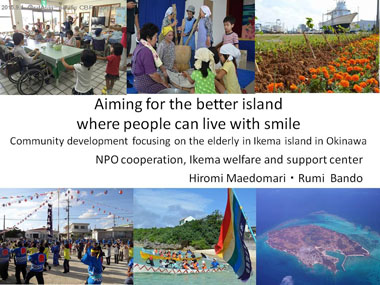 (Slide 1 text)
(Slide 1 text)
Slide 2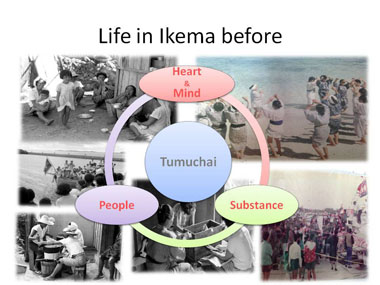 (Slide 2 text)
(Slide 2 text)
Slide 3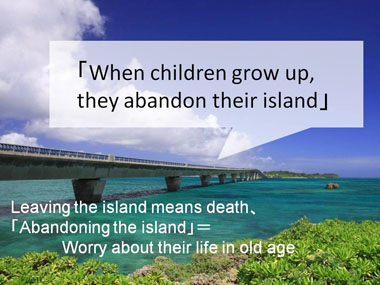 (Slide 3 text)
(Slide 3 text)
Slide 4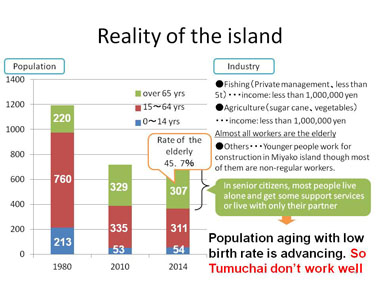 (Slide 4 text)
(Slide 4 text)
Slide 5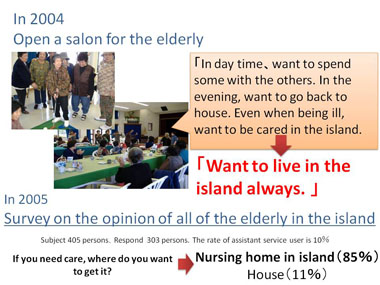 (Slide 5 text)
(Slide 5 text)
Slide 6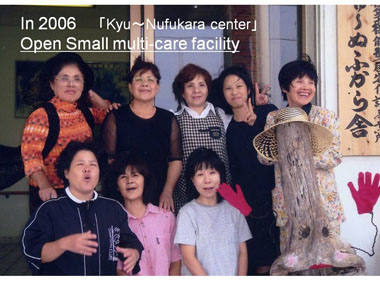 (Slide 6 text)
(Slide 6 text)
Slide 7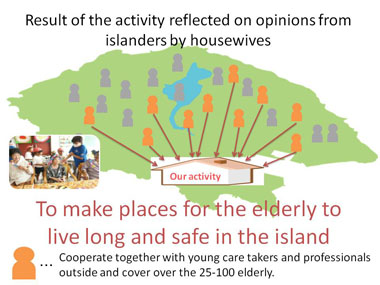 (Slide 7 text)
(Slide 7 text)
Slide 8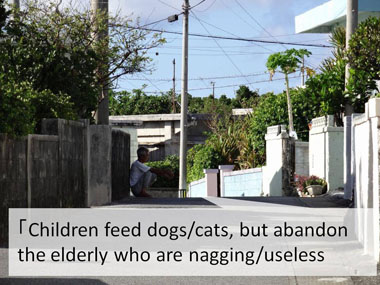 (Slide 8 text)
(Slide 8 text)
Slide 9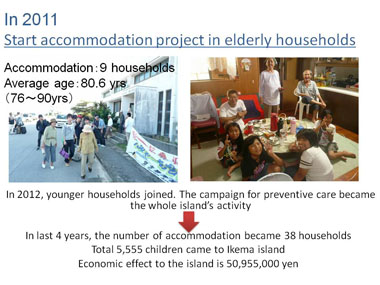 (Slide 9 text)
(Slide 9 text)
Slide 10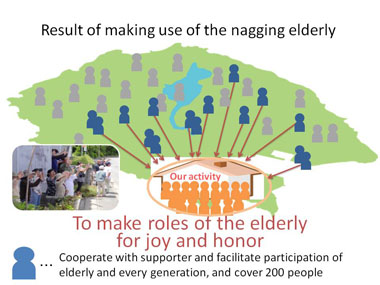 (Slide 10 text)
(Slide 10 text)
Slide 11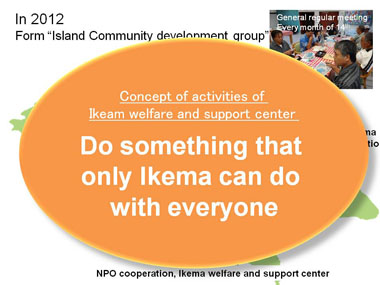 (Slide 11 text)
(Slide 11 text)
Slide 12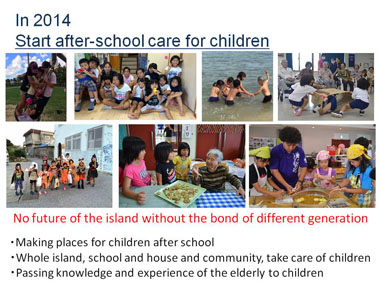 (Slide 12 text)
(Slide 12 text)
Slide 13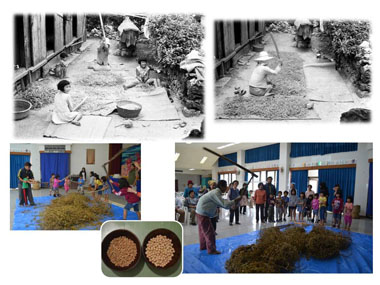
Slide 14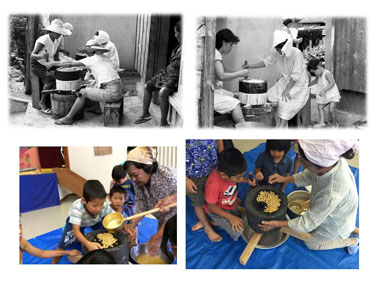
Slide 15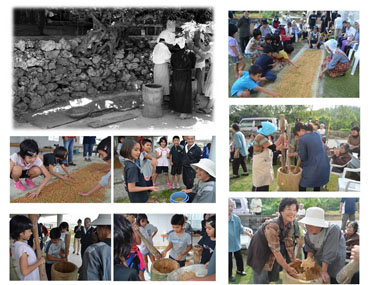
Slide 16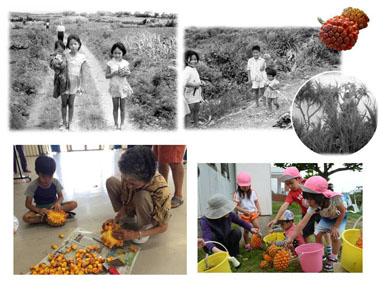
Slide 17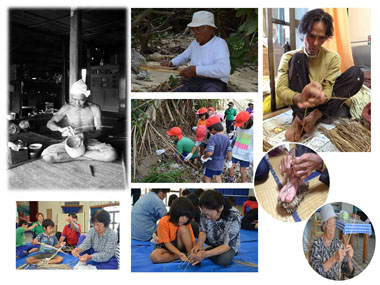
Slide 18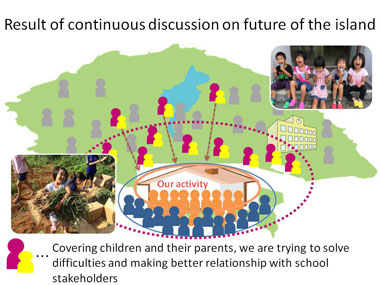 (Slide 18 text)
(Slide 18 text)
Slide 19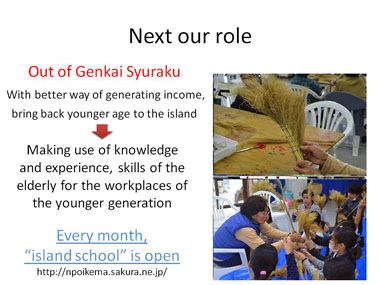 (Slide 19 text)
(Slide 19 text)
Slide 20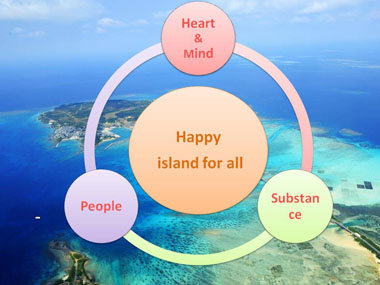 (Slide 20 text)
(Slide 20 text)
Slide 21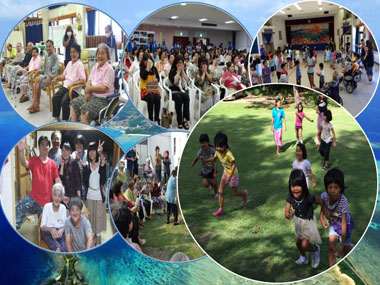
Slide 22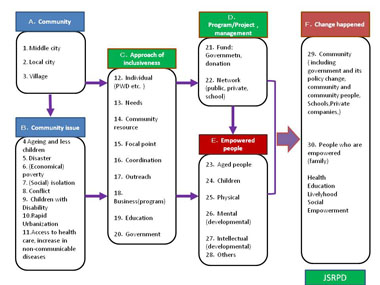 (Slide 22 text)
(Slide 22 text)
Slide 23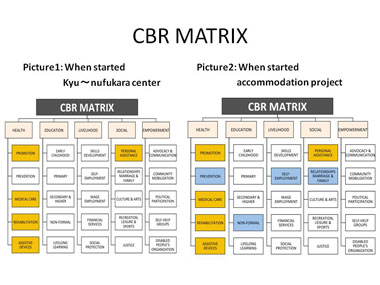 (Slide 23 text)
(Slide 23 text)
